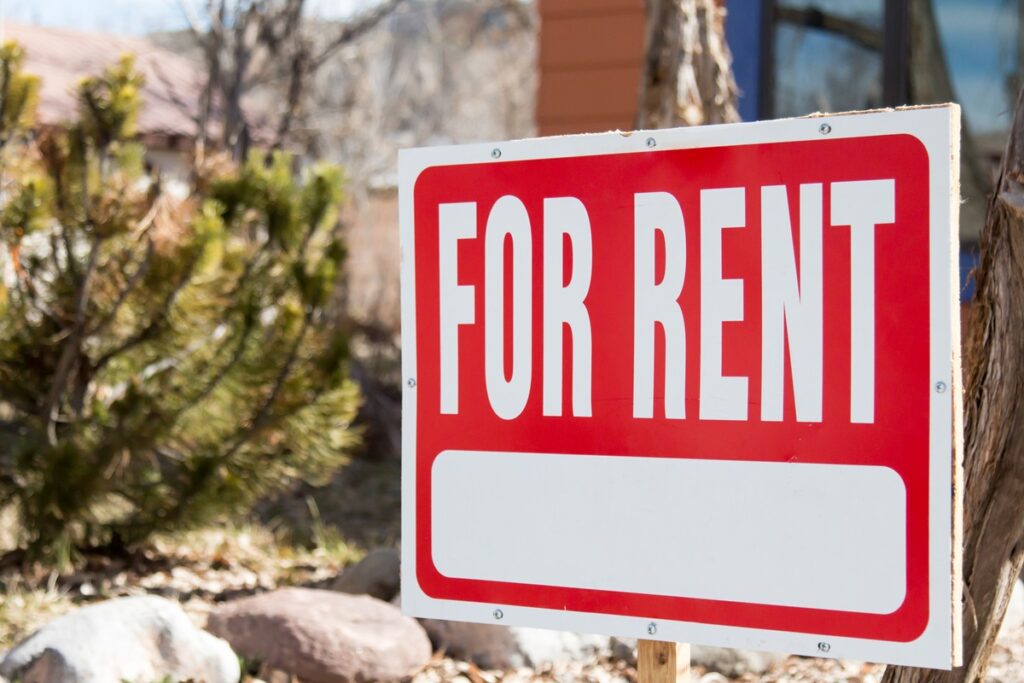After seeing 62% of the top U.S. metro areas hit record-high rents in 2023, renters are seeing some relief as rents in 18 of the top 29 markets, including the most expensive cities nationwide, have fallen quarter-over-quarter, from Q4 2023 to Q1 2024.
That’s per the latest report from SpareRoom, a site dedicated to renters seeking roommates. The report found the biggest drops in rents were in Dallas (down 10%), New York, and Portland (both down 5%). New York City remains the most expensive city to rent in, but a note of good news … for the first time since 2022, the average monthly roommate rent dropped below $1,500 in Manhattan.
For the report, SpareRoom analyzed more than 40,000 room ads on their site, comparing data from the first quarter of 2024 to the fourth quarter of 2023.
Where is rent falling?
Other cities with falling rents included Boston and Virginia Beach (both -4%), Denver and Seattle (both -3%), and Las Vegas, San Diego, San Francisco Bay, and Tampa were all down 2%.
It’s simple market economics: demand for rentals has diminished while supply has risen. In fact, the renters-per-room ratio is now almost half of what it was two years ago (6.3 down to 3.2).
“With rents hitting all-time highs in many major metro areas over the past year, renters are feeling the financial squeeze,” said SpareRoom Communications Director Matt Hutchinson. “These latest figures will hopefully give them a bit of hope that the market is easing a little. Hopefully, that trend [of the falling demand/supply ratio] will continue and make life easier for renters across the country.”
The dream of homeownership continues
According to a new study from Redfin, nearly two in five (38%) U.S. renters believe they will never own a home, up from 27% reported less than a year ago. The top reason cited by those polled was lack of affordability by renters as they believe they are unlikely to become homeowners. Nearly half (44%) of renters who don’t believe they’ll buy a home in the near future said it’s because available homes are much too expensive.
Of those polled, Redfin reported that buying a home has become increasingly out of reach for many Americans due to the one-two punch of high home prices and high mortgage rates. First-time homebuyers must earn roughly $76,000 to afford the typical U.S. starter home, up 8% from a year ago and up nearly 100% from before the pandemic.
“Housing costs are high across the board, but renting is a more affordable and realistic option for many Americans right now—especially those who have never owned a home and aren’t able to tap into equity from a previous sale,” said Redfin Chief Economist Daryl Fairweather. “While owning a home is usually a sound long-term investment, the barriers to entry and upfront costs of buying are higher than renting. Buying typically requires a sizable down payment and approval for a mortgage—things that are difficult for many people today, when the typical down payment is near $60,000 and mortgage payments are sky-high. The sheer expense of purchasing a home is causing the American Dream of homeownership to lose some of its shine.”









